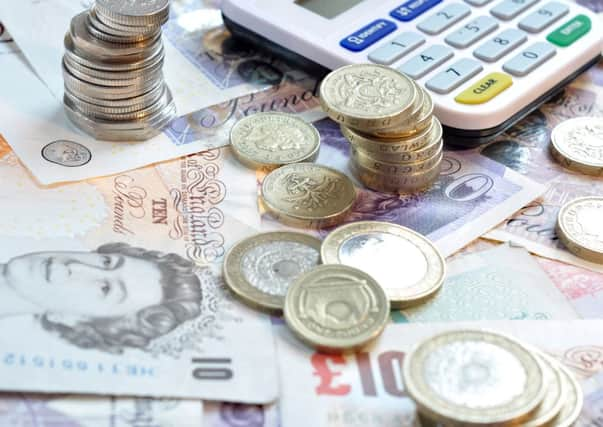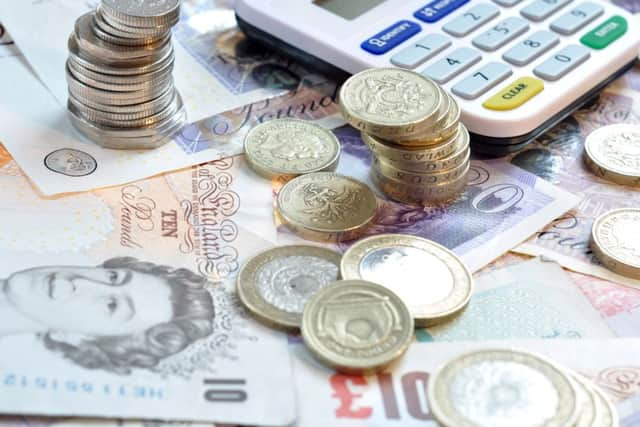Scottish independence tax plans could cost £3.25bn


More detail is now needed on how taxes would be raised after a Yes vote, according to the Institute of Chartered Accountants in Scotland (Icas).
The SNP Government’s white paper on independence is “silent” on public health taxes and there is a gap in the level for oil and gas revenue, says a report entitled Scotland’s Tax Future, Taxes Explained.
Advertisement
Hide AdAdvertisement
Hide AdThe Scottish Government insists a streamlined tax system after independence could save £250 million a year. But ICAs says a one-off transition bill, as well as ongoing operating costs of the new tax system, have not been fully explored, with the white paper suggesting this will be a “small proportion” of Scotland’s total budget.


The ICAs report states: “Small might be 1 per cent, which would be around £650m, but 5 per cent would be £3.25bn.”
Changes to the “less complex” tax system in New Zealand cost £750m, but Icas say the cost to Scotland after independence would be “significantly greater”.
But Finance Secretary John Swinney said the report fails to take account of “the long-term opportunities to create a modern, efficient and cost-effective tax system” after independence. “The UK has one of the most complex tax systems in the world and one of the most expensive systems in Europe,” he said.
“Under devolution we are already establishing a tax system in Scotland that will be less expensive and more effective than the UK system.”
The report compares personal finance between Scotland and the UK as a whole. The richest people are in the south-east of England, meaning an independent Scotland would have a smaller base if the government wanted to tax the most wealthy in order to support the poorest. Just 13,000 Scots paid tax at the top rate of 50 per cent in 2011-12.
The Icas paper suggests Scotland could “learn from others”. “When East and West Germany’s reunification happened, as a chosen constitutional change, the costs and consequences of doing so were acknowledged,” it states. “A ‘solidarity charge’ was levied, a few per cent on the tax rate for most, for a fixed period of time.”
SEE ALSO: